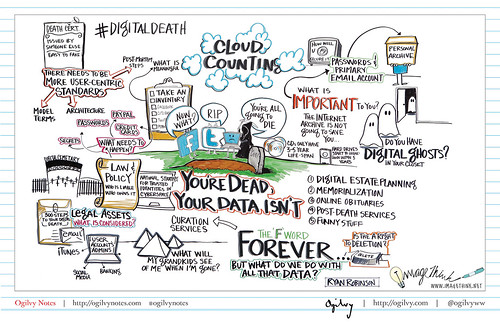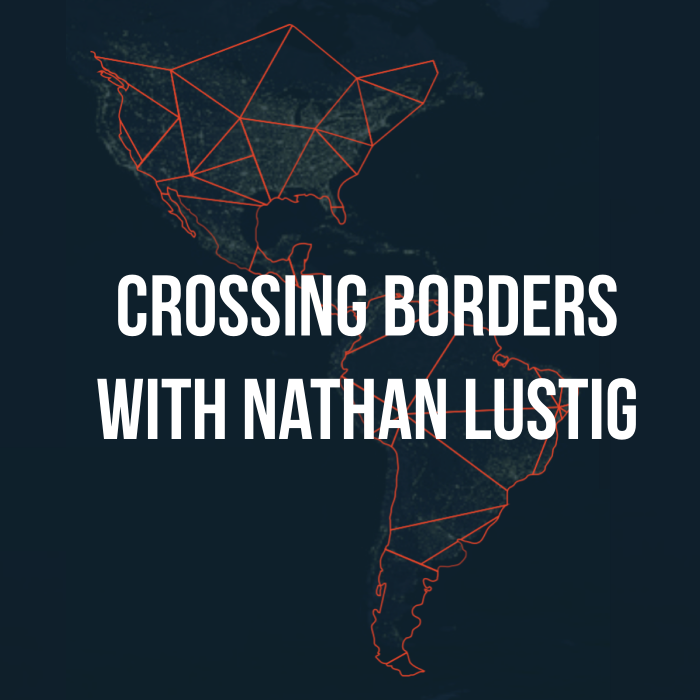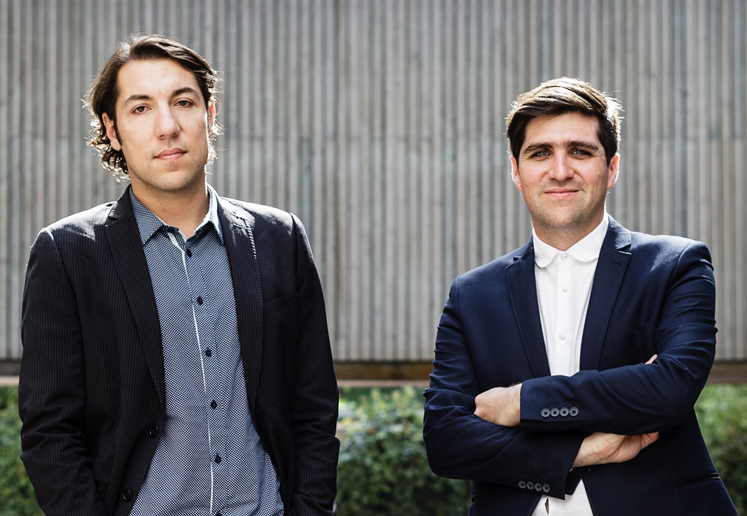Last year was my first SXSW and I had a great time, but 2011 was even better. Here’s a quick rundown on my SXSWi and some of the big themes I saw.
Chile is on the tech map
I was lucky enough to moderate the Chile Technology Summit with Juan Pablo Tapia, David Basulto, Paige Brown and Leonardo Maldonado. We talked about the Chilean technology ecosystem, entrepreneurship, social media, Chilean startup success stories and some of the government programs that have really helped Chile’s tech community. It was really fun to be able to tell people I met that I’d been living in Santiago, Chile for the past four months because just about everyone I met had heard of Startup Chile. It was a great ice breaker and allowed me to talk about more cheery topics than digital death.
I can tell you 100% that Startup Chile should already be viewed as a success for the simple fact that almost every VC, angle, entrepreneur and social media person knew of Chile and the program. Last year, I bet only 5% of SXSW attendees would have know anything about Chile. Add that to the fact that of our $40,000, at least half will be going directly back into the Chilean economy and that between Jesse and me 8 friends/family will visit, Chile is making it’s money back.
Digital Death is Growing Quickly
We celebrated our 1 year anniversary of our launch on Monday. Last year, Jesse gave a talk about our industry to a crowd of 20. This year, there were over 150 people in attendance, and Twitter was abuzz during our session. We’ve been featured in over 100 top media outlets and have seen the number of companies who are doing something with data and death online grow from 5 to almost 50. The Digital Beyond wrote a book. 1000Memories got $2.5 in funding from some of the top VCs in world and whenever I told people about Entrustet, people either had heard of us by name, or had heard a story about the industry. I got to meet at least six of our users and randomly ran into people who had checked out it. I expect the industry to keep growing quickly and can’t wait to see what happens at next year’s SXSW.

Hashable was the big hit
I’d used Hashable in the past, but didn’t like it until this year’s SXSW. The first night, I met Mike, the founder, who personally sold me on why I needed to download the app. I ended up using it multiple times each day. It was funny, whenever I met someone from NYC, they always wanted to do Hashable, but the adoption rate from Silicon Valley entrepreneurs was way less. I don’t buy that the mainstream will use Hashable as a “checkin for people,” ie every time you meet someone, but I can see it catching on big time for exchanging e-business cards. Hashable made my business cards obsolete for most people. The only downside is that Hashable strips the personality of your business cards into about 100 characters available in a hashable tweet. I get comments on our business cards all the time and I enjoy seeing the creativity in business cards each year at SXSW.
The NY Tech Mafia
Another big change from this year to last year was the emergence of the NY Tech scene. There is so much energy coming out of NYC, not to mention startups, VC money and developer talent and it was interesting to see. NYC based entrepreneurs were more likely to feel like they were a part of something bigger. It seemed like they thought they were part of a movement, part of a nascent industry or an important moment in history. They community seemed much closer than many of the San Fran entrepreneurs I met. I think it’s great that technology startups are happening in other places than just the bay area. I really enjoyed seeing the energy and genuine excitement from the NYC entrepreneurs. It also seemed that many of the NYC entrepreneurs were more focused on using tech to something, compared to some of the San Fran startups who were more interested in the pure tech side. Both are very valuable and I’m not picking sides. It was fun to see as an outsider and a marked difference from last year.
There are so many group messaging companies
And I don’t see the use. I first used a group messaging system two years ago for a friends bachelor party and it was great. We had a group of 8 of us, all doing the same thing and on the same schedule. It was great. At SXSW, I was in multiple groups (or pods) and just got annoyed by all of the messages. Most were not relevant to me. The groups were too big, our schedules were different. It just wasn’t helpful. I can see group messaging being something you turn on for specific events, with specific groups, but I don’t see it for everyday use. There is a ton of money in the space right now and it will be interesting to see if Facebook integrates group messaging into Facebook groups.
Bubble?
There were so many companies doing “social something” or “x for facebook” that by the end we were joking around that we were going to start the Kayak for canoes and rent boats in Lake Austin. I think startups have become hot and that there are lots of people starting businesses now just for the money, which can be dangerous. I think there are bubbles in certain types of Internet businesses, but don’t think its completely systemic, like the initial dot com bust. It’ll be interesting to see what happens!
Cool Startups+Things I Saw at SXSW
SparkRelief – Crowd Sourced disaster relief. They launched a site that allows anyone in Japan to offer housing to those displaced, for free. Could be a cool model to empower citizens to take part in their own disaster relief.
Startup America – While I would prefer less rhetoric and government chest puffing, there are clearly very smart people working on this initiative and President Obama seems to be behind it. I was left the panel optimistic about a part of government for the first time in a long time. Please stop saying “winning the future” though. If Bush would have said that, everyone would have (rightly) made fun of him.
Data – It’s amazing what people are doing with data. I saw countless panels, companies and entrepreneurs doing cool stuff with data. It’s going to be fun to see the next level of services created when data becomes ubiquitous.
Artsicle – Lets you rent art, sort of like netflix and connects artists with the people who are buying new art. Cool idea.
#sxswla – Latin America was well represented. But I’d like to see more panels next year featuring people from all over the world, not just in separate tracks. Sort of like with the inclusion of a ton more women this year.
Flavors.me – Amazing design and simple personal pages. Mom, when you read this, I bet you could set up a site if you wanted. I’d know the Flavors guys from before, but it was great to meet in person.
Grubly – Cool startup that connects people who love to cook, with those who love to eat


